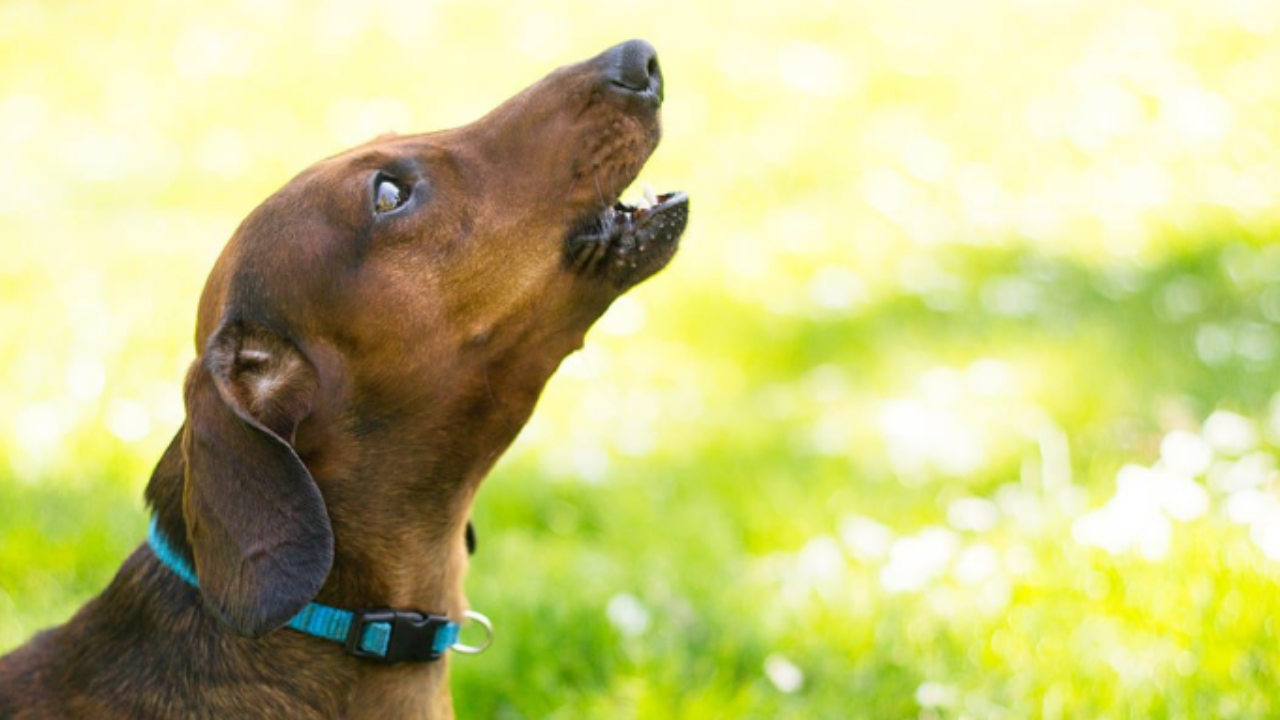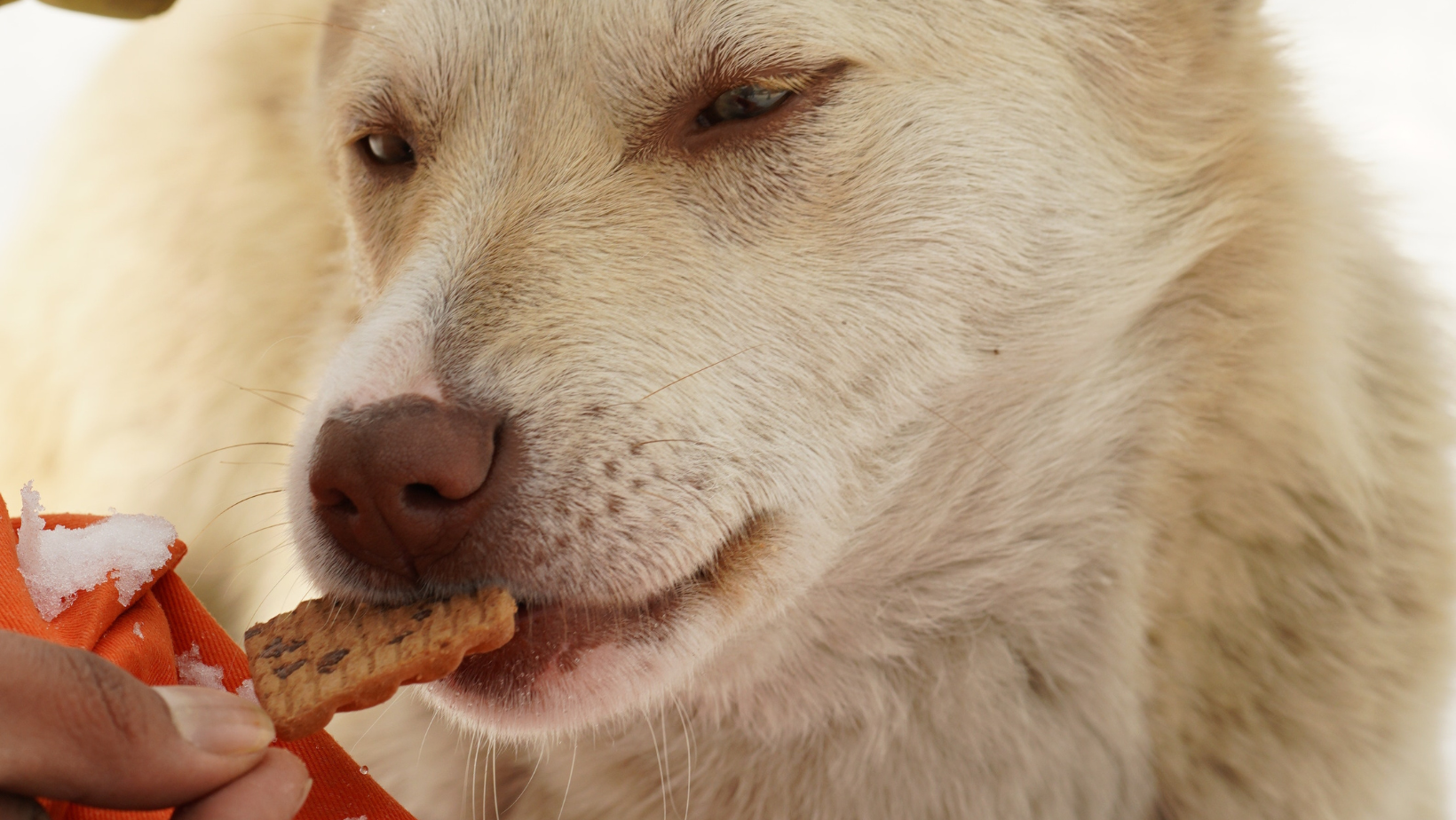Can Dogs Smell Fear?

Have you ever observed that your dog becomes more attentive and clingy when you are scared? Have you also noticed that your dog may act differently towards those who appreciate dogs as opposed to those who are terrified of them? Although dogs have a keen sense of smell, can they detect fear? (Can Dogs Smell Fear?) In that case, how?
Is It True That Dogs Can Smell Fear?
The evidence is in, and it is unequivocally YES that dogs can detect fear. Dogs possess superhuman olfactory abilities that allow them to identify a person’s emotional condition from the fragrance they give off. You’re right; dogs can detect fear. They know your phone number!
The idea that dogs can smell fear was only a theory up until recently, but a study titled “Interspecies transmission of emotional information via chemosignals: from humans to dogs” actually shows that dogs, or at least Labrador and Golden Retrievers, can smell human emotions and can react accordingly.
When someone is frightened, their sweat glands begin to produce moisture, particularly in the armpits. Dogs can detect molecular signals in this sweat.
Can Dogs Smell the Difference Between Fear and Happiness?
Researchers were right to hypothesise that dogs would react differently to human smells released during various emotional states, specifically fear and delight.
Three stimuli were used to train the dogs in the experiment: their owner, a stranger (the control), and an odour dispenser. Dogs were randomised into various smelling situations.
They gathered scents from people in the three emotional states of fear, happiness, and neutrality (no sweat). The smells were taken from the underarms of male donors who were chosen at random and were not otherwise involved in the experiment’s procedures.
The dogs were then watched for reactions, such as actions taken toward the three targets, stress-related actions, and heart rates. The dogs engaged more with the stranger and had lower heart rates when they were exposed to “pleasant scents,” according to the research.
The fight, flight, or freeze response is a physiological reaction of the autonomic nervous system that is crucial for adaptability and survival. However, when the dogs were exposed to the “fear odour,” they showed more stress behaviours and had higher heart rates.
The dogs were less social with the stranger and more reliant on their owners for confidence than the dogs that were exposed to the “pleasant odour.”
Chemosignals, or the smells we release in reaction to our emotional state, communicate with dogs across species, according to research. Therefore, if we are afraid, they can smell it and become afraid as well.
What Your Dog’s Senses Can Tell You About Your Own Emotions
We can recognise our emotional states with the aid of dogs. Many persons who have chronic anxiety may not even be conscious of their constant state of fight, flight, or freeze.
A dog that understands how you react to stress or terror can help to detect the onset of these feelings and aid in your better coping with anxiety.
It’s vital to remember that dogs can take advantage of your energy. Therefore, to keep your pet more at ease in uncomfortable situations—like, for instance, at your next vet visit—try to control your attitude.
Both the mental wellness of you and your pet is crucial. You might discover more about your own emotions and mental state than you thought if you pay attention to how your dog behaves.





